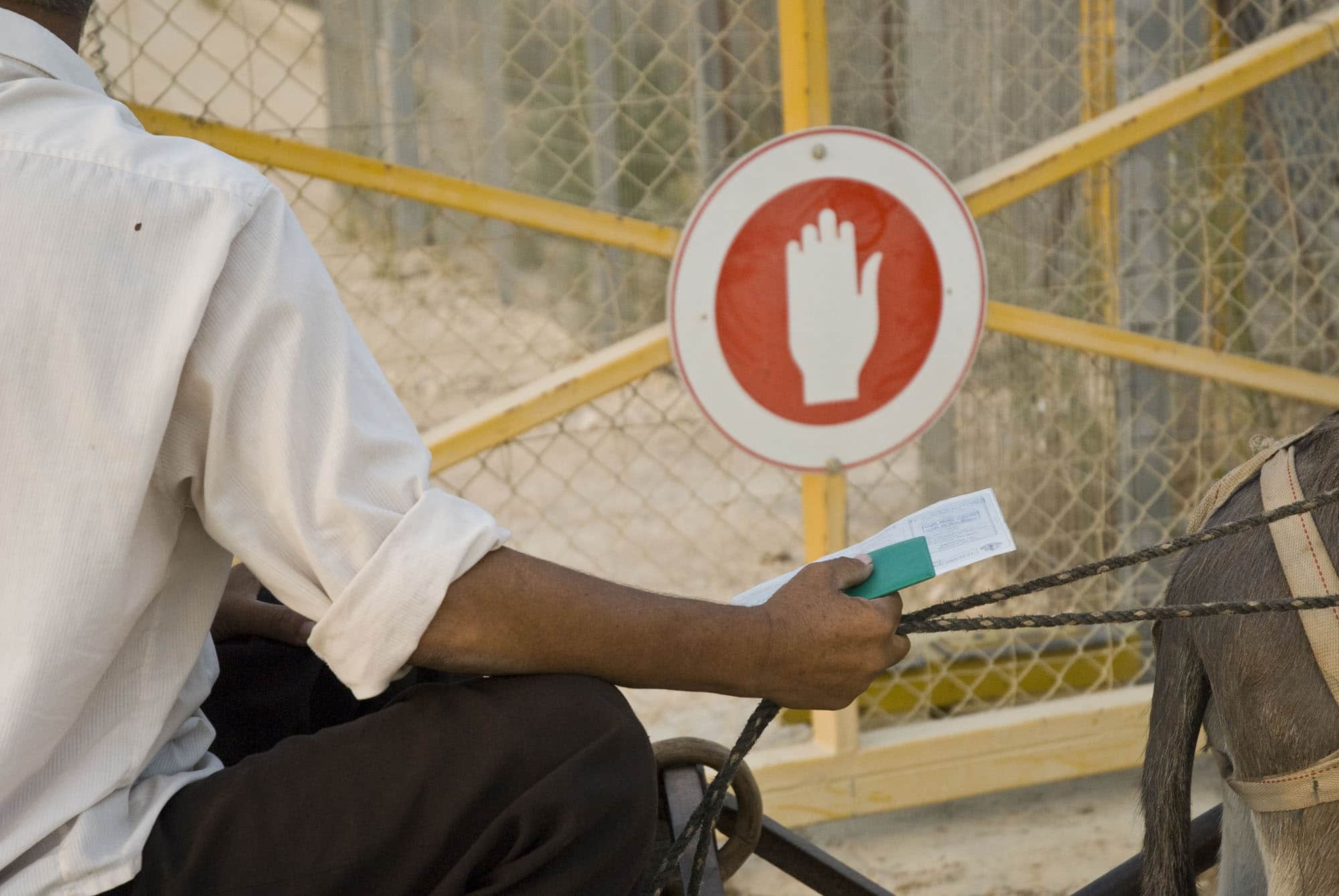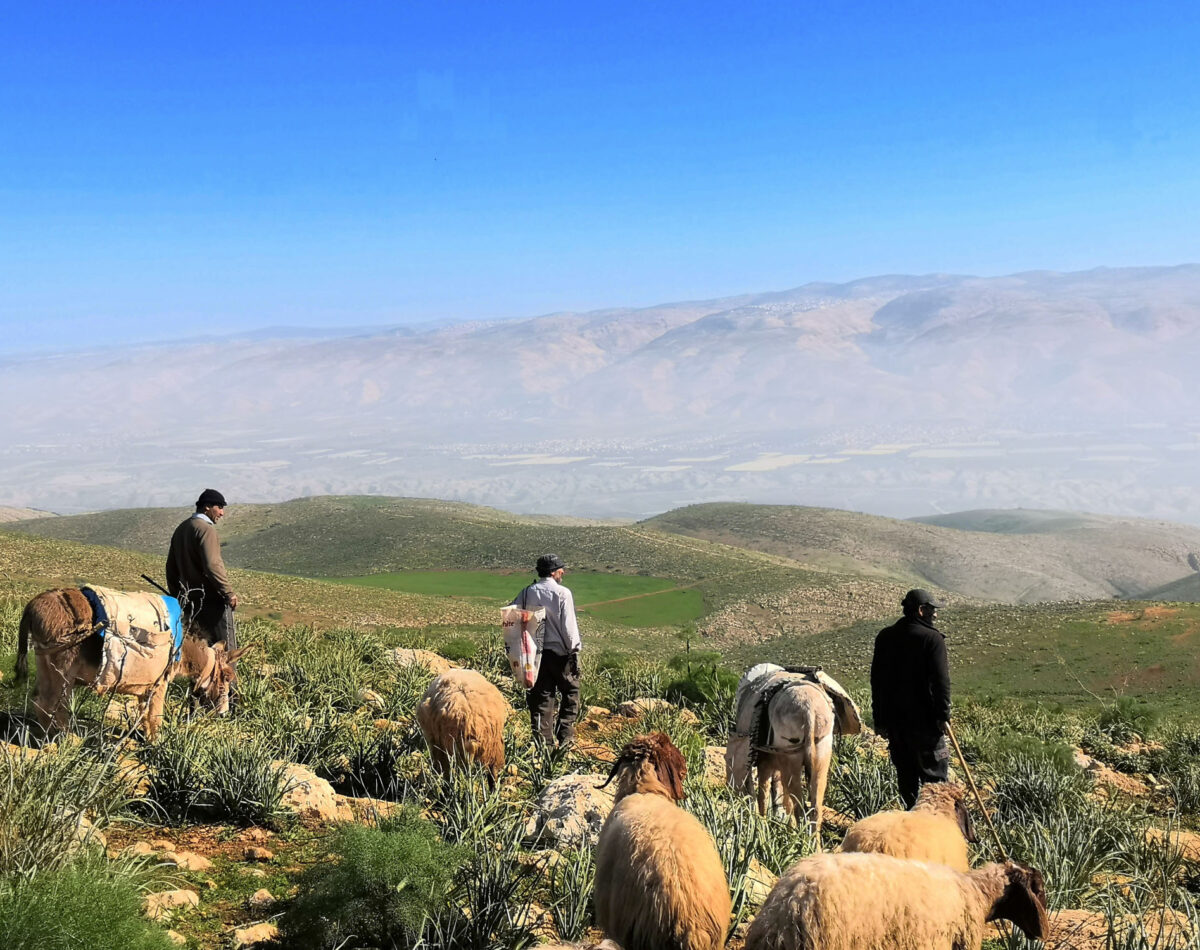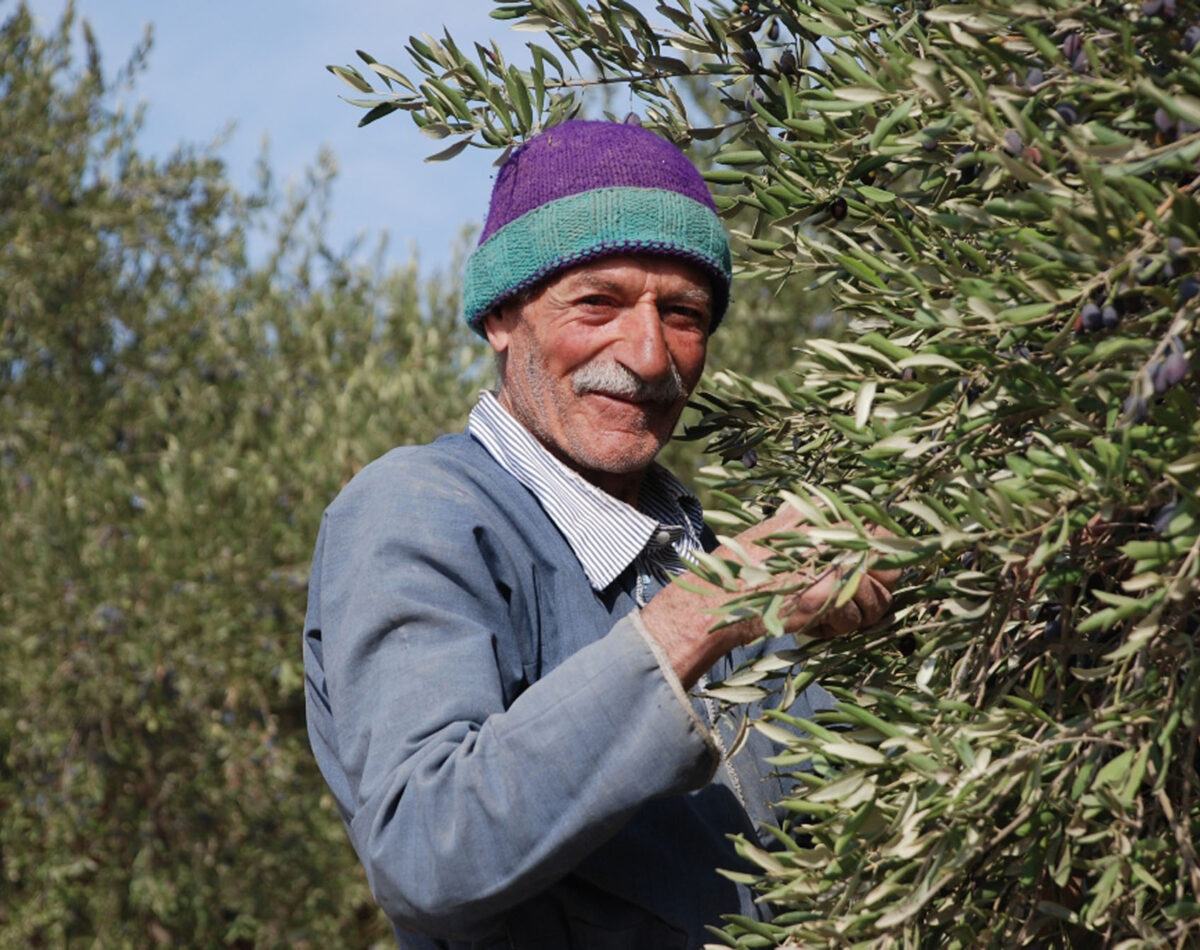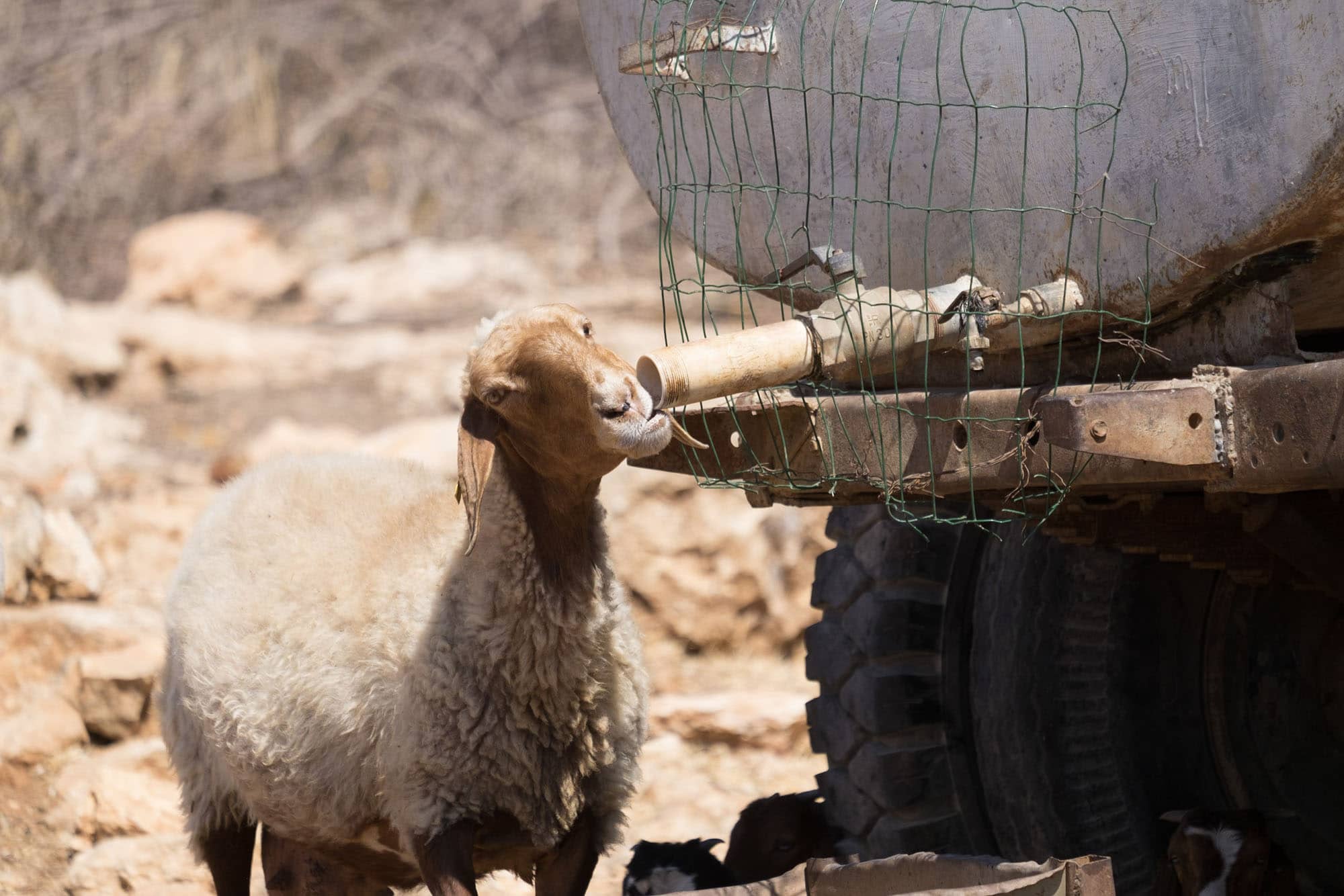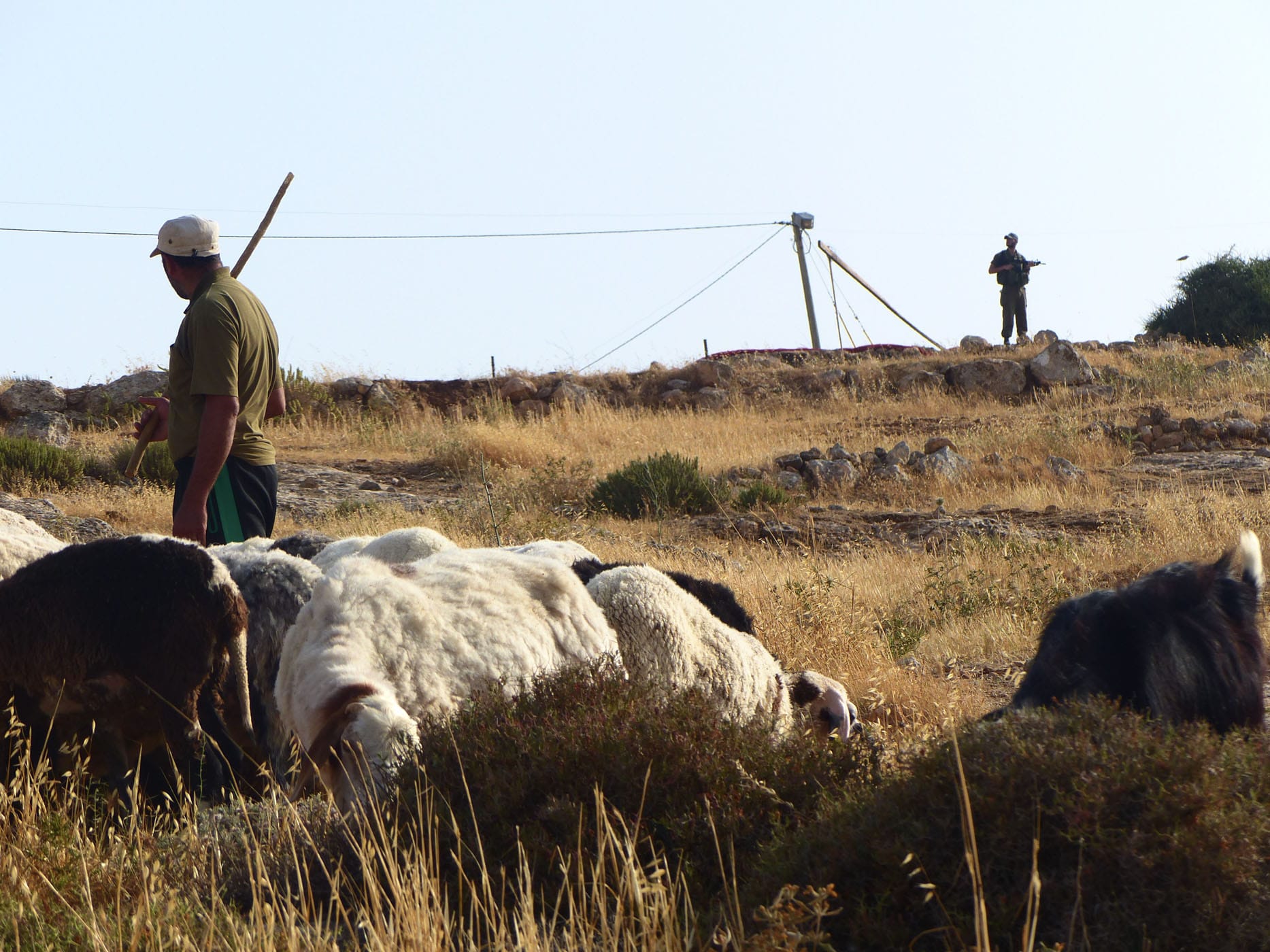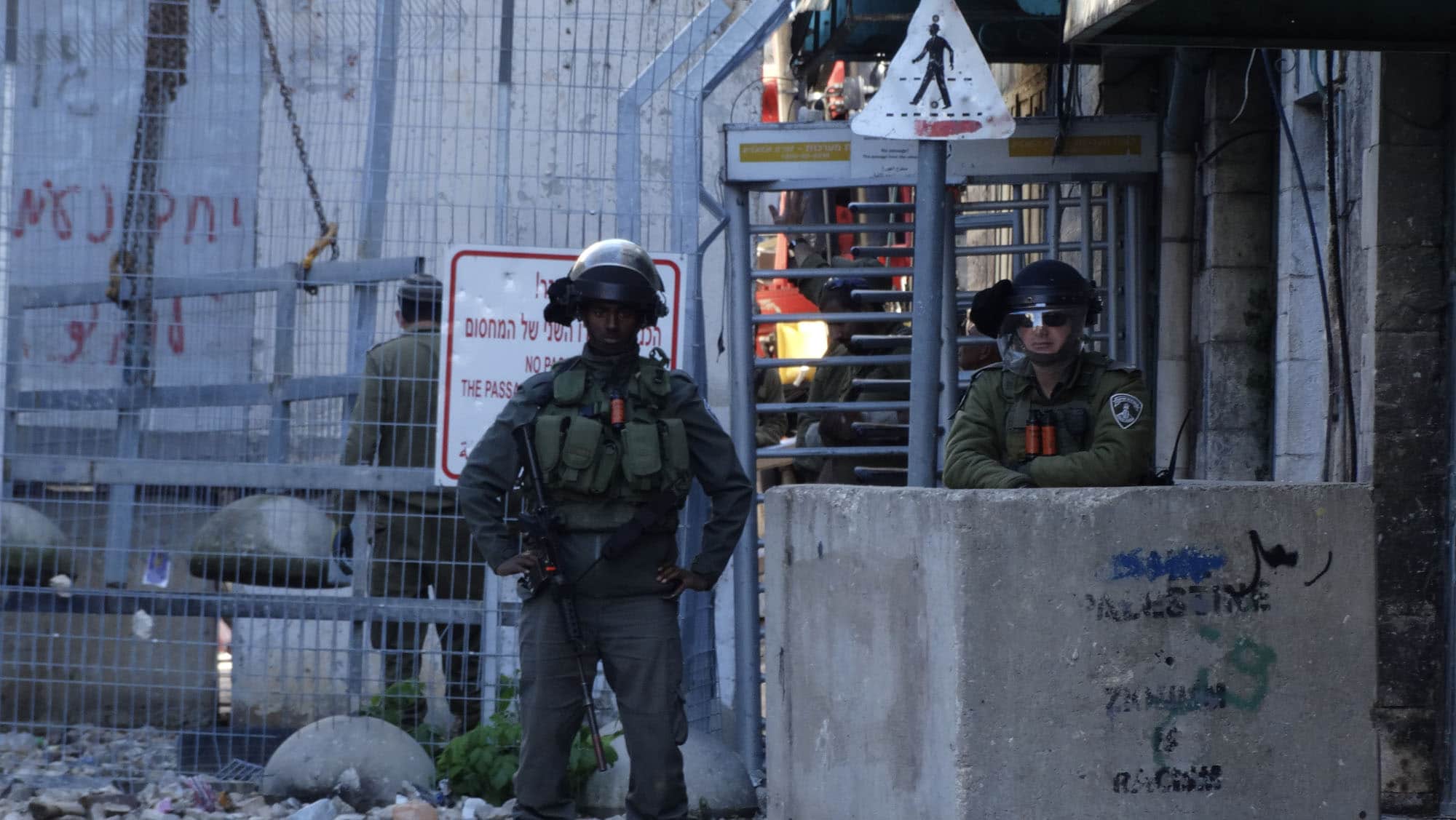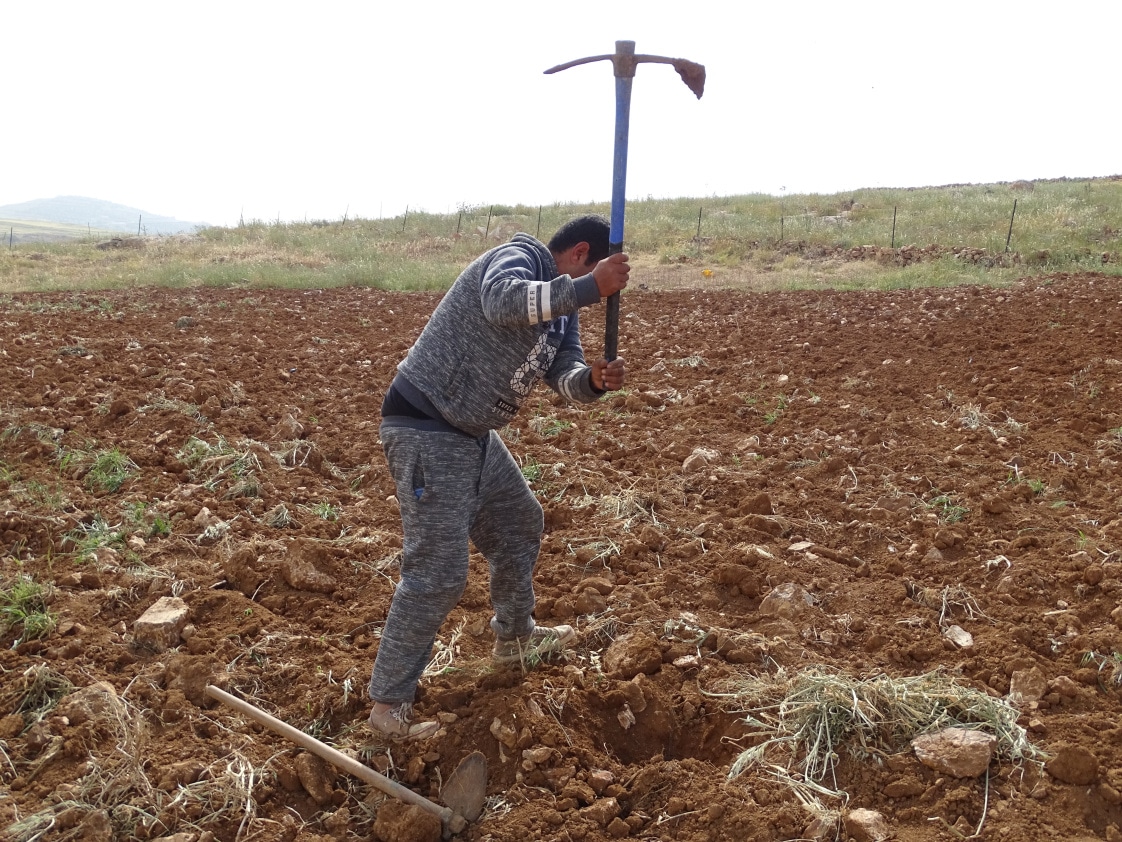The Economy
by EA Cassie – 5 min read
In its report in October 2019, the UN Conference on Trade and Development repeatedly states that the Israeli occupation of Palestine hinders economic development for the Palestinian people and territory. Israeli control of the movement of goods and people, as well as control of natural resources, make economic growth extremely difficult for Palestinians.
Palestinians living in the West Bank are limited when it comes to economic potential:
(Source UNCTAD 2019, Catalyst 2019, PCBS 2019)


